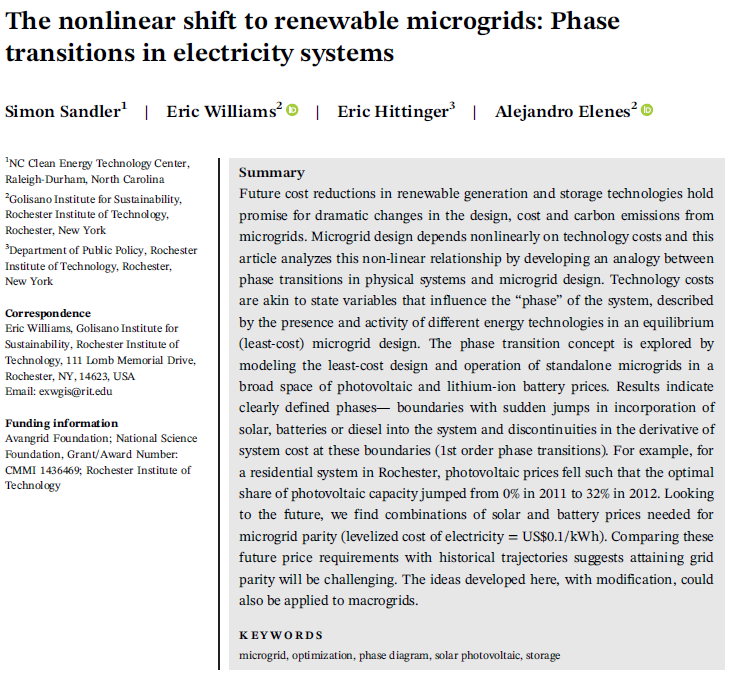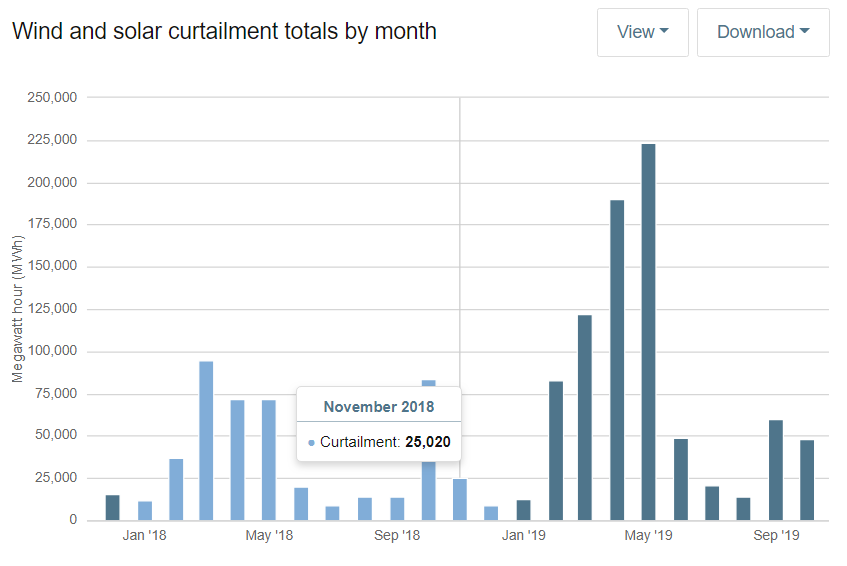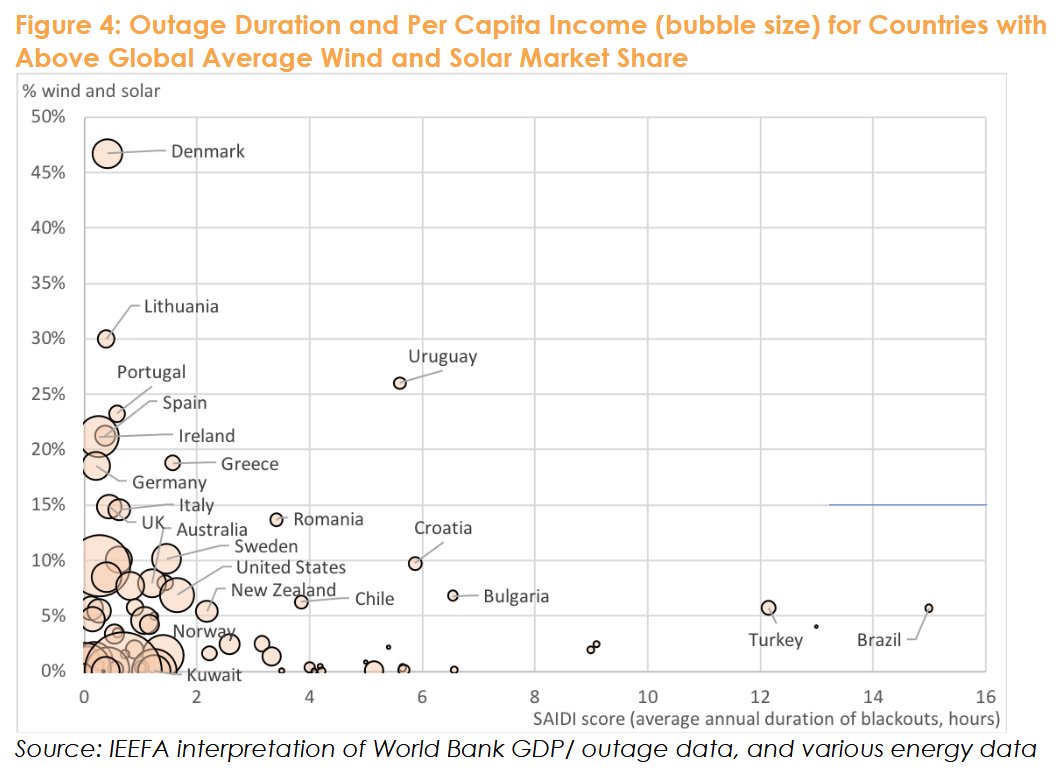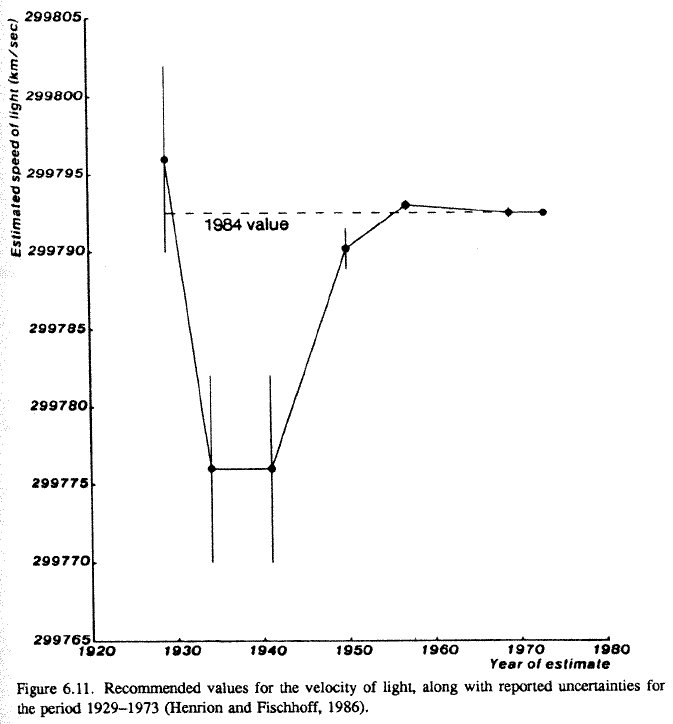
Public Policy Prof. @RITtigers, WILL Chair @univ_lille & @USA4EE President-Elect.
(Gone fishin' on Bluesky/Fediverse - Don't expect any content here...)
How to get URL link on X (Twitter) App


 Brian gave a good summary of the work overall in this thread (below), but I want to focus on just one part (where I think we did a clever thing): How should we estimate the value of smart charging or V2G?
Brian gave a good summary of the work overall in this thread (below), but I want to focus on just one part (where I think we did a clever thing): How should we estimate the value of smart charging or V2G?https://twitter.com/BrianTarrojaPhD/status/1392985717488316421
https://twitter.com/Tylerjoelb/status/1392598001005236229That is: it doesn't seem like we're seriously thinking about how to get the vaccination rate up and we ought to be trying out low-cost experiments like this to see what works.

 New technologies like solar + batteries are getting cheaper. And certainly lower cost drives greater adoption. But does adoption go up gradually or are there "tipping points" where new tech is suddenly preferred? We wanted to dig into this question with a microgrid case study.
New technologies like solar + batteries are getting cheaper. And certainly lower cost drives greater adoption. But does adoption go up gradually or are there "tipping points" where new tech is suddenly preferred? We wanted to dig into this question with a microgrid case study.

 For me, it all started, sort of, in High School. A good friend and I thought up a plan to bike across the US after graduation. We had no idea if that was something that people do (it is), how long it would take (2-3 months), or what we would need (not too much).
For me, it all started, sort of, in High School. A good friend and I thought up a plan to bike across the US after graduation. We had no idea if that was something that people do (it is), how long it would take (2-3 months), or what we would need (not too much).

https://twitter.com/ElephantEating/status/1196713574820917248According to CaISO (link) 461 GWh of wind/solar were curtailed in 2018. Could we have done something useful with that energy? It depends on how it is spread out.

https://twitter.com/priyald17/status/1164655053736751104First, this explainer on the basic idea of what it is and why it is relevant:
https://twitter.com/ElephantEating/status/978436206613680129

https://twitter.com/cody_a_hill/status/1035270390098972672Train Energy Storage (TES) is a neat idea - put a bunch of sand into traincars, connect power lines to the (already-electric) locomotive, and pull the train up a mountain to store energy & recover the potential energy (locomotive motor) on the way down. interestingengineering.com/concrete-gravi…

 This paper is a nice review of actual practice in grids with a lot of wind/solar. What they are finding is not terribly surprising: If you account for minor policy/market changes and the indirect economic response from other generators, integration is easy for quite a while.
This paper is a nice review of actual practice in grids with a lot of wind/solar. What they are finding is not terribly surprising: If you account for minor policy/market changes and the indirect economic response from other generators, integration is easy for quite a while.
